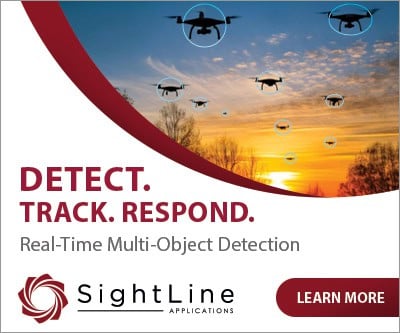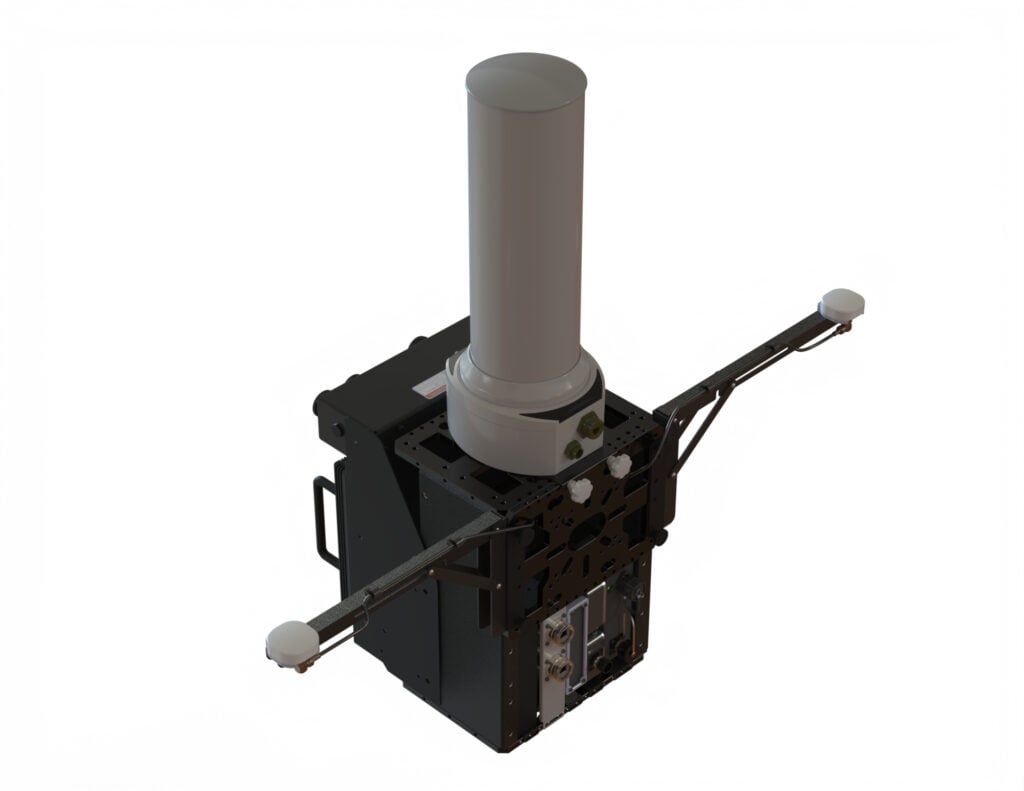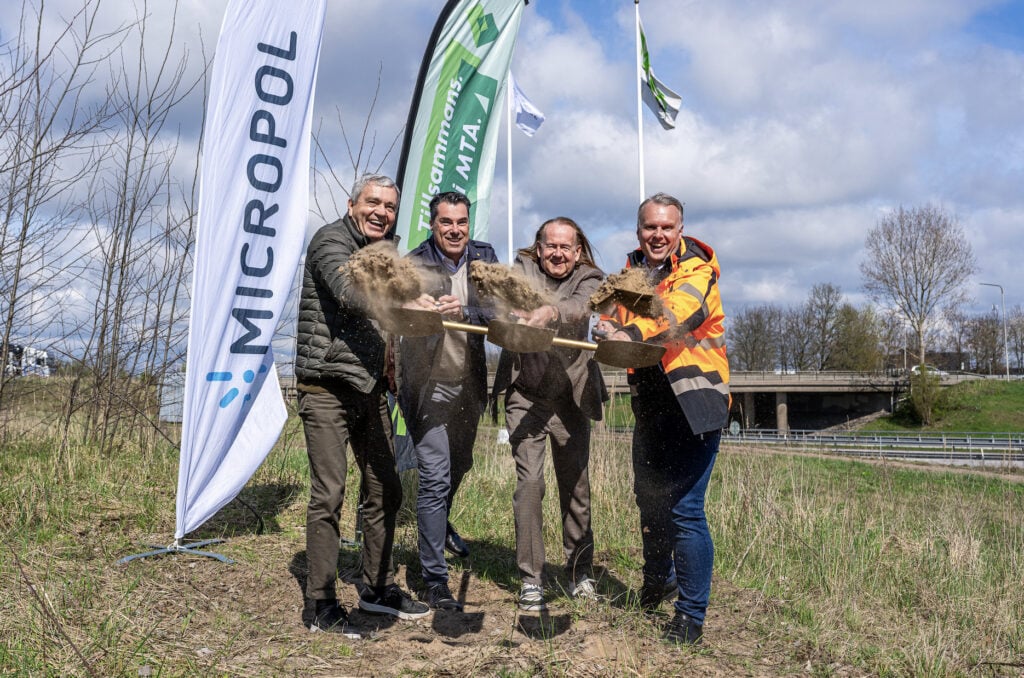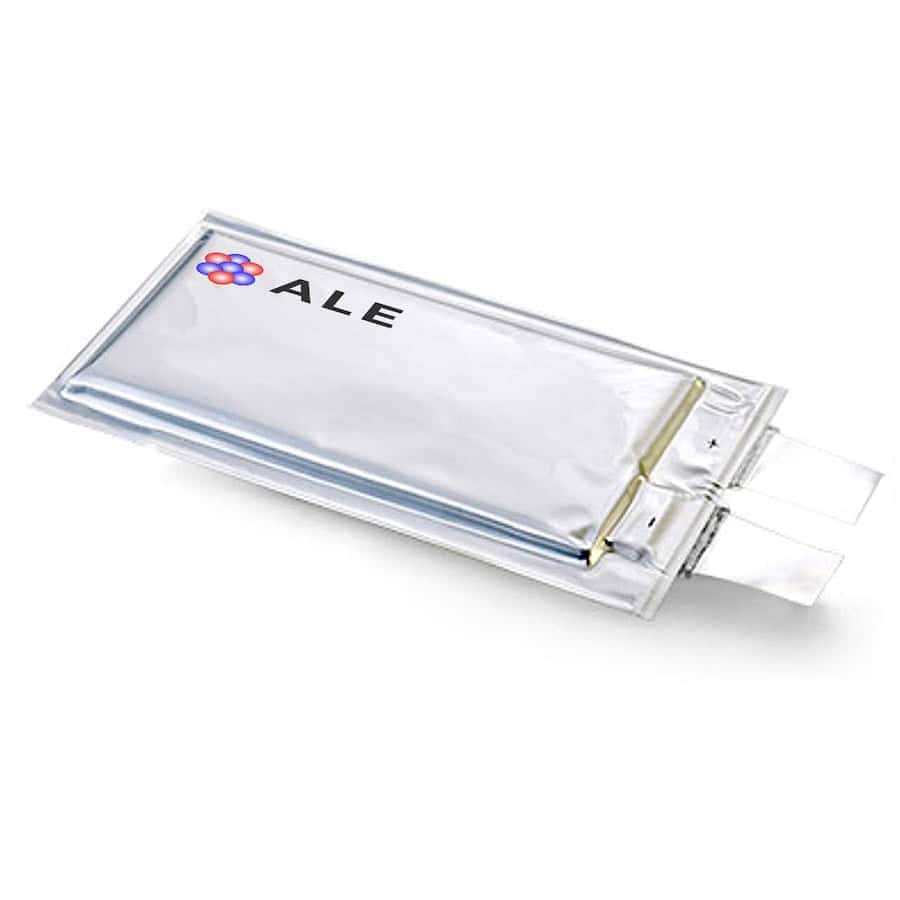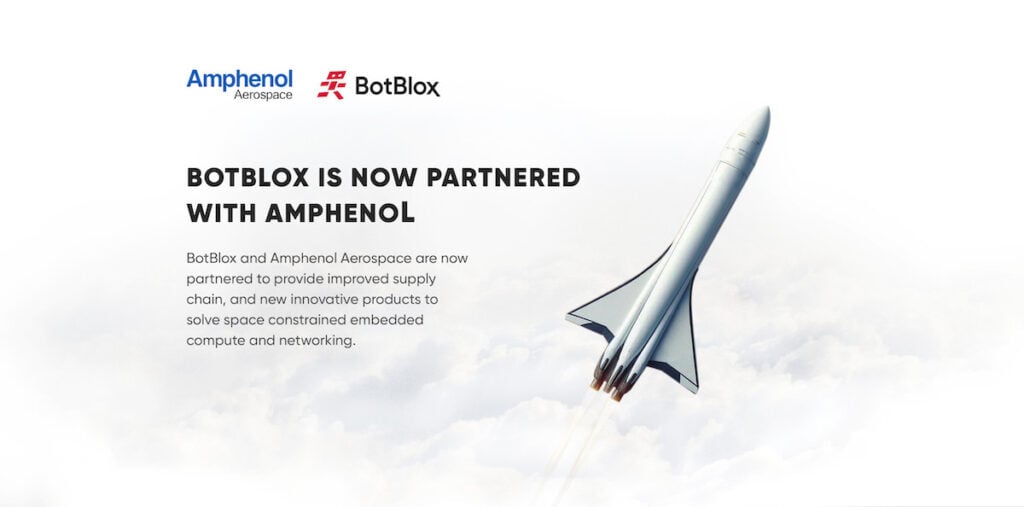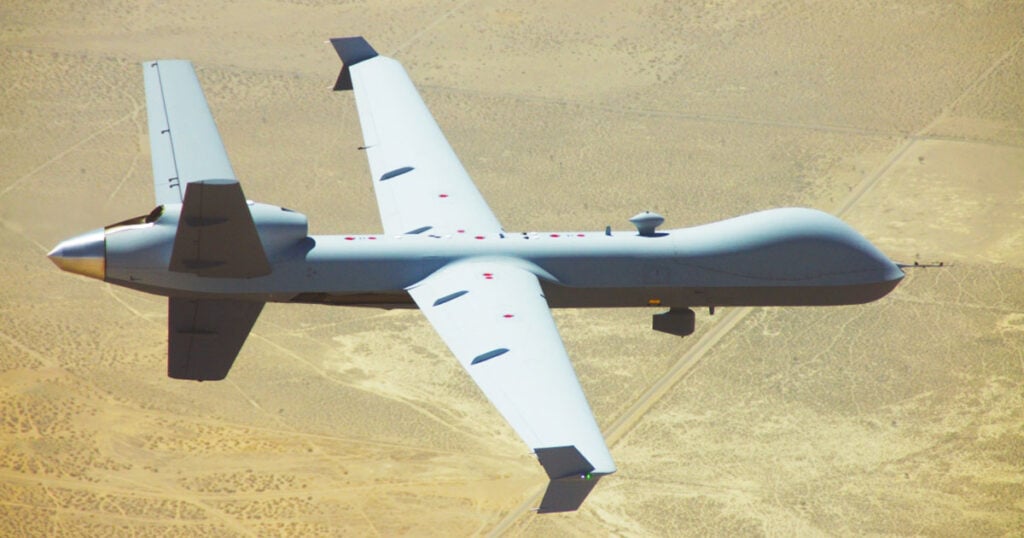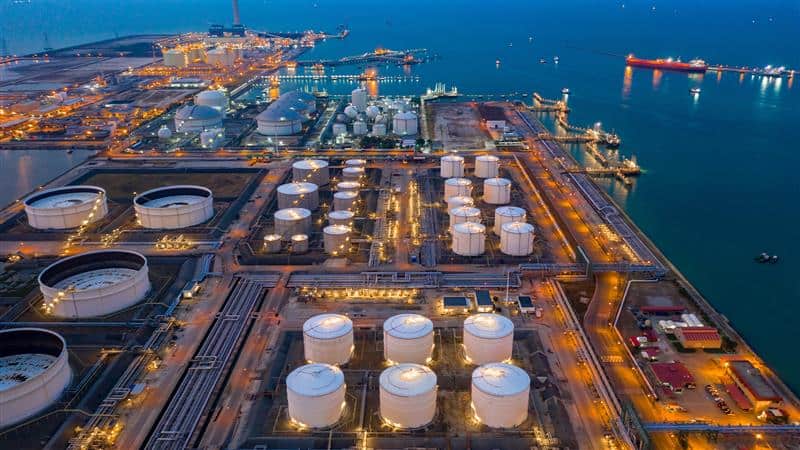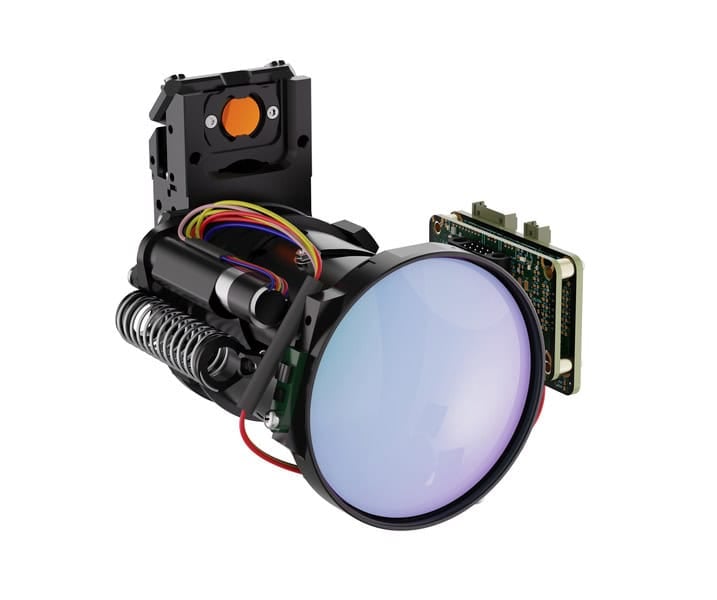
Discover Leading Defense Technology Solutions
Discover cutting-edge solutions from leading global suppliers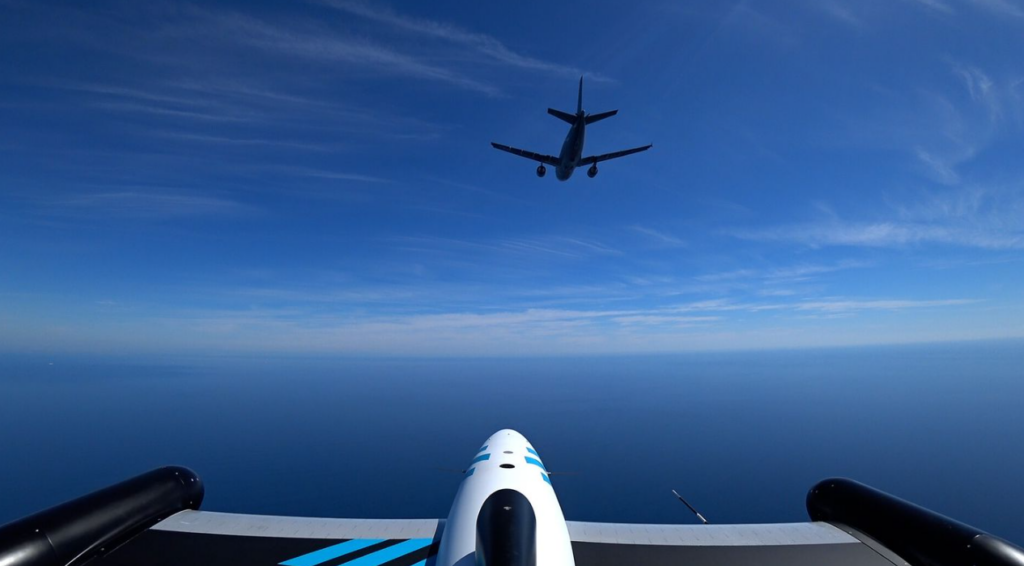
Aerial refueling is an increasingly vital capability for military force projection, and Airbus has been developing technology to automate this process.
The technology, called Auto-Mate, will allow for fully autonomous in-flight refueling and has the potential for wider applications in both defense and civil aviation sectors.
Auto’Mate is being developed by the Airbus Defence and Space business unit in collaboration with Airbus UpNext, the company’s wholly-owned innovation subsidiary. Airbus UpNext is also pursuing cross-division projects such as pilot assistance technologies to further enhance flight safety and aircraft operational efficiency, along with new propulsion systems and aircraft design to face sustainability challenges.
Last March, a successful Auto’Mate demonstration using an Airbus testbed tanker aircraft and four unmanned drones marked a major milestone for the autonomous in-flight refueling capability.
During a second flight test campaign conducted in November 2023, the Auto’Mate demonstrator showcased the potential of Autonomous Assets Air to Air Refuelling (A4R) operations flying with five unmanned drones (Airbus DT-25, two of them being digital twins) – under the control of an A310 MRTT tanker – simulating a refueling operation, using advanced AI-based relative navigation and cooperative control technologies.
Enhanced safety, reliability and efficiency
By automating in-flight refueling without the need for human intervention, an aerial tanker can take control of a “receiver” aircraft from several kilometers away and autonomously guide and control it into the proper position to receive fuel, followed by the actual fuel transfer via the tanker’s refueling probe, completed by a safe separation maneuver at the operation’s completion.
The in-flight refueling procedures utilized today require demanding and precise coordination between an aerial tanker’s crew and the pilot of the “receiver” aircraft. By applying autonomous technologies, the process will benefit from enhanced safety, reliability and efficiency. Other advantages are the ability to conduct more effective operations – including the transfer of fuel in very low visibility conditions, and the reduction of training costs for flight crews.
As importantly, the Auto’Mate technology opens the way for aerial refueling of non-piloted combat air vehicles such as drones, apart from the technologies reuse in remote carriers and “loyal wingman” operations – which are key unmanned elements of Europe’s Future Combat Air System (FCAS). Furthermore, thanks to Auto’Mate technology, the whole refueling operation can be carried out seamlessly without the need for human intervention, neither by the Aerial Refuelling Operator (ARO) on the tanker nor by the manned receiver’s pilot or the unmanned drone’s operator. This could eventually lead to autonomous tankers and aerial assets operating without a crew on board in the future.
Three technological “bricks” for automated aerial refueling
In evolving autonomous in-flight refueling, Airbus is focusing on three primary key technological foundations:
Navigation: The system can achieve unprecedented levels of position accuracy using different types of cameras, high-precision satellite global positioning, and LiDAR (Light Detection And Ranging) sensors, combined with AI and sensor fusion algorithms.
Communications: Covert, secure and multi-node communication systems have been tested to guide several “receiver” aircraft.
Control: Autonomous control systems take the lead in managing critical flight parameters, guaranteeing coordination, and safe and efficient operations with built-in collision avoidance functionalities.
Airbus is well positioned to take this next step for aerial refuelling, building on its experience in the domain – beginning with its A310 MRTT (Multi Role Tanker Transport) which entered service in 2004, and followed by the new-generation A330 MRTT.
Airbus’ leadership in aerial tankers with the A330 MRTT
The A330 MRTT positions Airbus as a leader in the multi-role tanker transport sector, having already pioneered such advancements as the use of fly-by-wire control for the refueling probe and its development of a high-definition 2D/3D digital system for enhanced viewing by the fuelling operators.
A total of 60 A330 MRTTs have been ordered by Australia, France, the North Atlantic Treaty Organization (NATO), Saudi Arabia, Singapore, South Korea, the United Arab Emirates and the United Kingdom, with the aircraft fleet logging thousands of flight hours in the support of military deployments and humanitarian operations.



